Liz Truss made two big moves on Friday in a bid to calm the markets and save her premiership. The first was to announce that she was ditching plans to cancel the scheduled corporation tax rise. The second was that she had sacked her chancellor and long standing ally Kwasi Kwarteng – bringing Jeremy Hunt in as his successor. There have been lots of problems when it comes to the fallout from the not-so-mini Budget but the thing that really focussed minds in No. 10 was a preview of the OBR forecast last Friday which pointed to a financial blackhole as a result of unfunded tax cuts and the energy package. It was viewed as so bad that something needed to change when it came to the government’s plans.
That change appears to now mean an entirely new economic outlook. Hunt embarked on a media round this morning setting out his plan for the British economy now he is in No. 11. When Kwarteng gave an interview the Sunday after his fiscal event, he suggested more tax cuts would be coming. It spooked the markets further. Hunt’s message couldn’t be further from that. In an extraordinary turnaround for the Truss government, Hunt told Sky News there are ‘very difficult decisions ahead on spending and tax’:
‘The thing that people want, the markets want, the country needs now is stability. No Chancellor can control the markets but what I can do is show that we can pay for our tax and spending plans. That is going to mean some very difficult decisions on both spending and tax. But that is what I must do now so people who are worried about their mortgage costs going up, people who are worried about how they’re going to get through winter with the cost of living crisis, people in the NHS who are worried about the pressures their facing can be reassured that the the fundamental stability they need and expect from the government is there.’
On taxes, Hunt told the BBC:
‘Taxes are not going to come down by as much as people hoped, and some taxes will have to go up.’
He also said economic growth remained the end goal:
‘If we’re going to fund the NHS and our public services and keep taxes down we have to solve the growth paradox.’
Now the suggestion from Hunt that some taxes will go up and there could be spending cuts in order to balance the books isn’t exactly revolutionary. Economists, politicians and journalists have been pointing to the fact that Truss would need to find some way to fill the financial blackhole. Yet the Prime Minister has been incredibly reluctant to entertain the idea. Even at Prime Minister’s Questions this week, she promised no spending cuts. It follows that Hunt’s interview is a stark reminder of how much has changed in the past 24 hours – and how Truss’s initial political project of Trussonomics and radicalism is no more. Hunt suggested he would be taking his own approach regarding the coming fiscal event – meaning some taxes will not be cut as quickly as they want. That group presumably includes Truss. He suggested that overall public spending will continue to rise (pointing to the cost of the energy price guarantee) but departmental cuts would be coming. Hunt distanced himself from Kwarteng and Truss’s original fiscal event suggesting parts of it were misguided as it was ‘a mistake to fly blind’: ‘The way we went about it clearly wasn’t right and that’s why I’m sitting here now.’
The new chancellor is ultimately unsackable at least in the medium term given his appointment is meant to prop Truss up. His friend Steve Brine told Radio 4 on Friday that people should ‘see Liz Truss as chairman and Jeremy as chief executive’. It suggests Truss has very little say now on the economy. Yet Hunt’s comments today will undoubtedly rile many of Truss’s MP backers who picked her over Sunak in large because of her central promise of a low tax economy. Others will take issue with his criticism of Kwarteng. Hunt’s main audience today, however, was not MPs. Instead, it’s the markets. After Truss’s painful press conference on Friday, the markets remained jittery. There was a big sell-off in the gilt market, suggesting the reversing of the £18bn tax cut was not enough to convince investors the UK was on a sustainable fiscal path. These interviews by Hunt are meant to signal just that.
Got something to add? Join the discussion and comment below.
Get 10 issues for just $10
Subscribe to The Spectator Australia today for the next 10 magazine issues, plus full online access, for just $10.


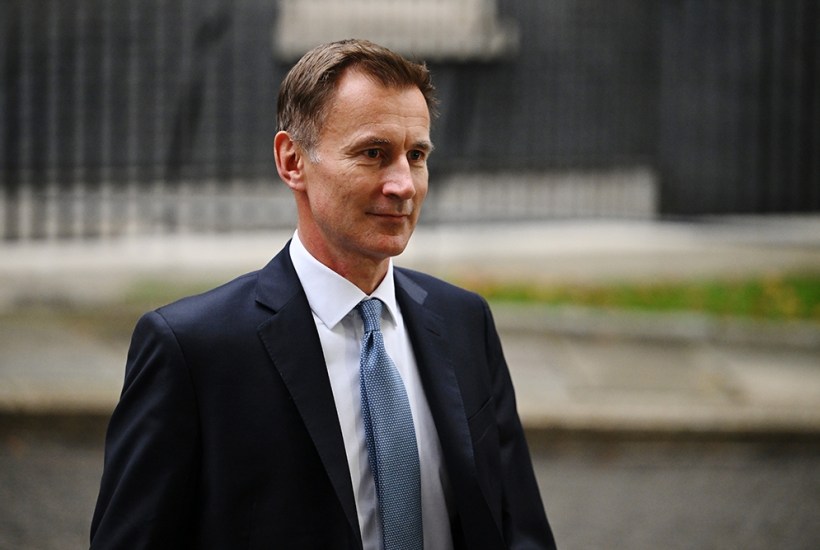
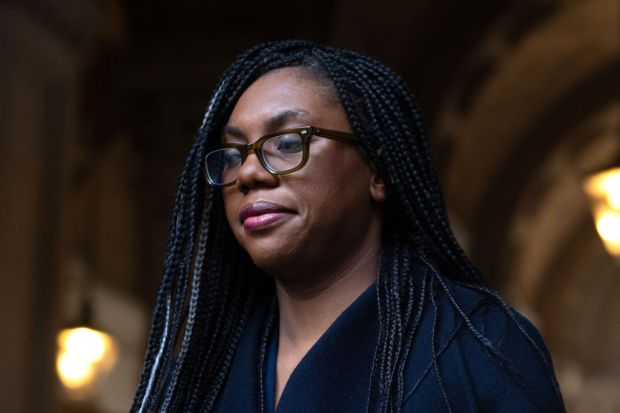
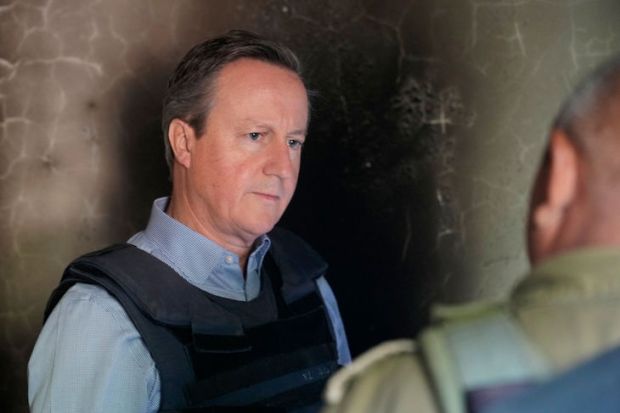
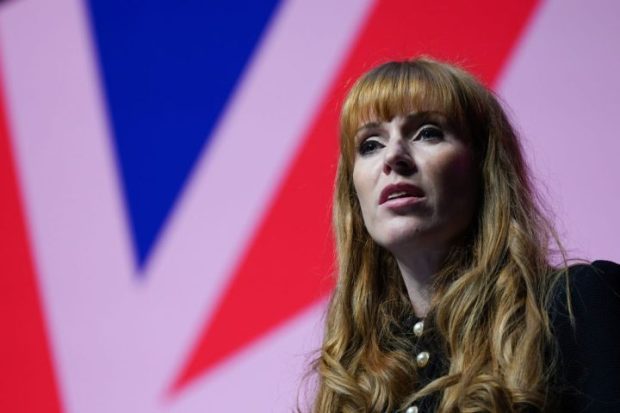
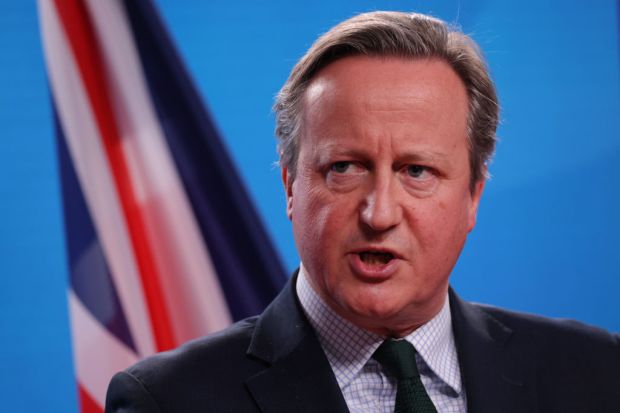
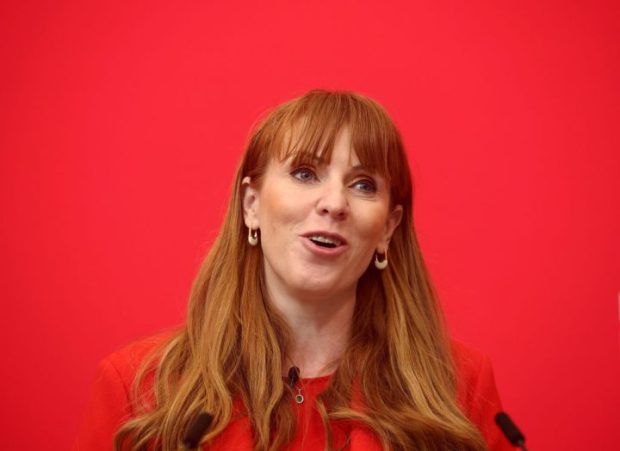













Comments
Don't miss out
Join the conversation with other Spectator Australia readers. Subscribe to leave a comment.
SUBSCRIBEAlready a subscriber? Log in